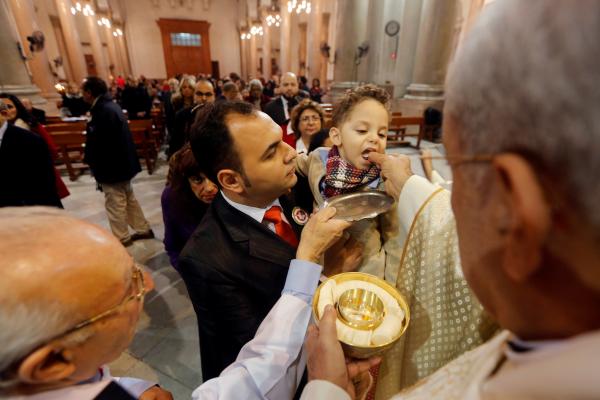Jun 12, 2018
“Walking together” is one of the pope’s favorite mantras. When dealing with tense theological debates inside the church, he is putting equal weight on both words.
Read the Full Article

Already a subscriber? Login

“Walking together” is one of the pope’s favorite mantras. When dealing with tense theological debates inside the church, he is putting equal weight on both words.
